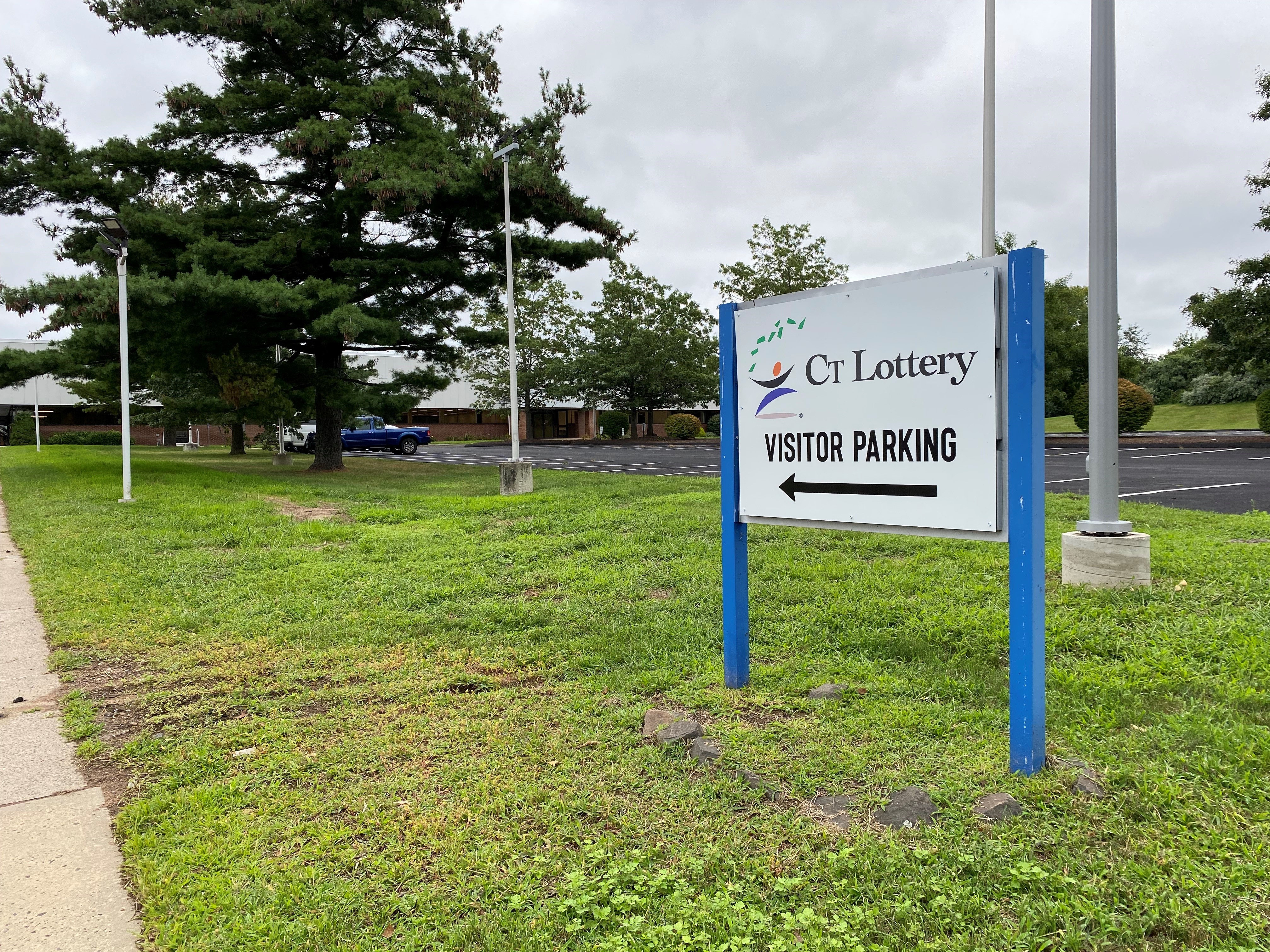In 2017, Gabrielle Thorp of Norwalk died when she was pinned between two vehicles. A few months later, Kathleen Hofer was run over in the driveway of her son’s New Canaan home.
In both cases, the victims’ families believe the cars rolled away after the drivers mistakenly thought they were in park.
Kathleen Hofer had just taken her youngest grandson, then 15 months old, out of the car when it rolled, trapping her underneath.
“It slipped backwards even though it was in drive,” said her son Karl Hofer.
Get Connecticut local news, weather forecasts and entertainment stories to your inbox. Sign up for NBC Connecticut newsletters.
The toddler had minor injuries and was found by a neighbor who called police.
The car Hofer was driving had a keyless ignition. According to the police report, the engine was not running when officers arrived, but the gear shift was in the drive position.
Police conducted several tests on the vehicle after the accident. Each time the engine was shut off while the car was still in drive, the car rolled backward.
Local
“There wasn't an adequate safety measure that would have alerted her,” Karl Hofer said.
Gabrielle Thorp’s vehicle was also in drive at the time of her accident. A witness told police they saw a person chasing or following a moving vehicle. The witness said it looked like the driver was trying to get back into the car.
“My heart breaks for any family who will ever get that call,” said Gabrielle Thorp’s daughter, who is also named Gabrielle.
The consumer teams at the NBC-owned stations found incident after incident of cars rolling away after owners thought they were safely parked, sometimes with deadly results.
The vehicles involved were different makes and models, but they all had a push-button start.
No formal database tracks these accidents, but The National Highway Traffic Safety Administration’s (NHTSA) Not-In-Traffic Surveillance research estimates that rollaways cause approximately 150 deaths and 2,000 injuries every year.
“The keyless ignition completely changed the way the driver interfaces with the car,” said Sean Kane, who studies motor vehicle safety.
“You have that metal key in your hand, you know two things about the state of that vehicle. You know that the transmission must be in park and you know that the engine must be off.”
Kane says automakers can prevent the problem with a simple software fix.
U.S. Senator Richard Blumenthal, D-Connecticut, is co-sponsor of the PARK IT Act, which would require vehicles to automatically shut off after a period of idling time.
“When a consumer exits a car, it should be immobilized,” Blumenthal said.
In 2011, NHTSA issued a draft rule to address keyless ignition risks, but it was never finalized.
While some automakers have voluntarily added automatic shutoff as a safety feature, Blumenthal is calling on federal transportation officials to mandate it.
He has the support of the Hofers, Thorps, and families of other rollaway victims who want to get the word out to warn other drivers.
“You have cars that have back up cameras, you have cars that tell you if somebody is going by, you have cars that sing and dance practically…but this feature, it can’t be very hard to engineer,” said Gabrielle Thorp’s daughter Sene Bergstrom.
Both the Hofers and the Thorps have filed lawsuits against the automakers involved in their loved one’s cases. They hope by sharing their mothers’ stories, automakers will make change.
“She’ll always be a part of us here and everywhere,” said Karl Hofer.
“She’s shouting from the heavens, you girls work on this, you girls don’t let this be in vain,” said Sene Bergstrom.
A spokesperson for NHTSA told the NBC stations, “NHTSA continues an ongoing review of keyless ignition systems, including automatic shutoffs and vehicle rollaway. A number of vehicle manufacturers now include auto-shutoff systems in their vehicles, and NHTSA is evaluating those safety features to inform future actions. NHTSA urges vehicle owners to report any potential defect online or by calling 1-888-327-4236.”
NHTSA also has an informational video about keyless ignitions on its website.



